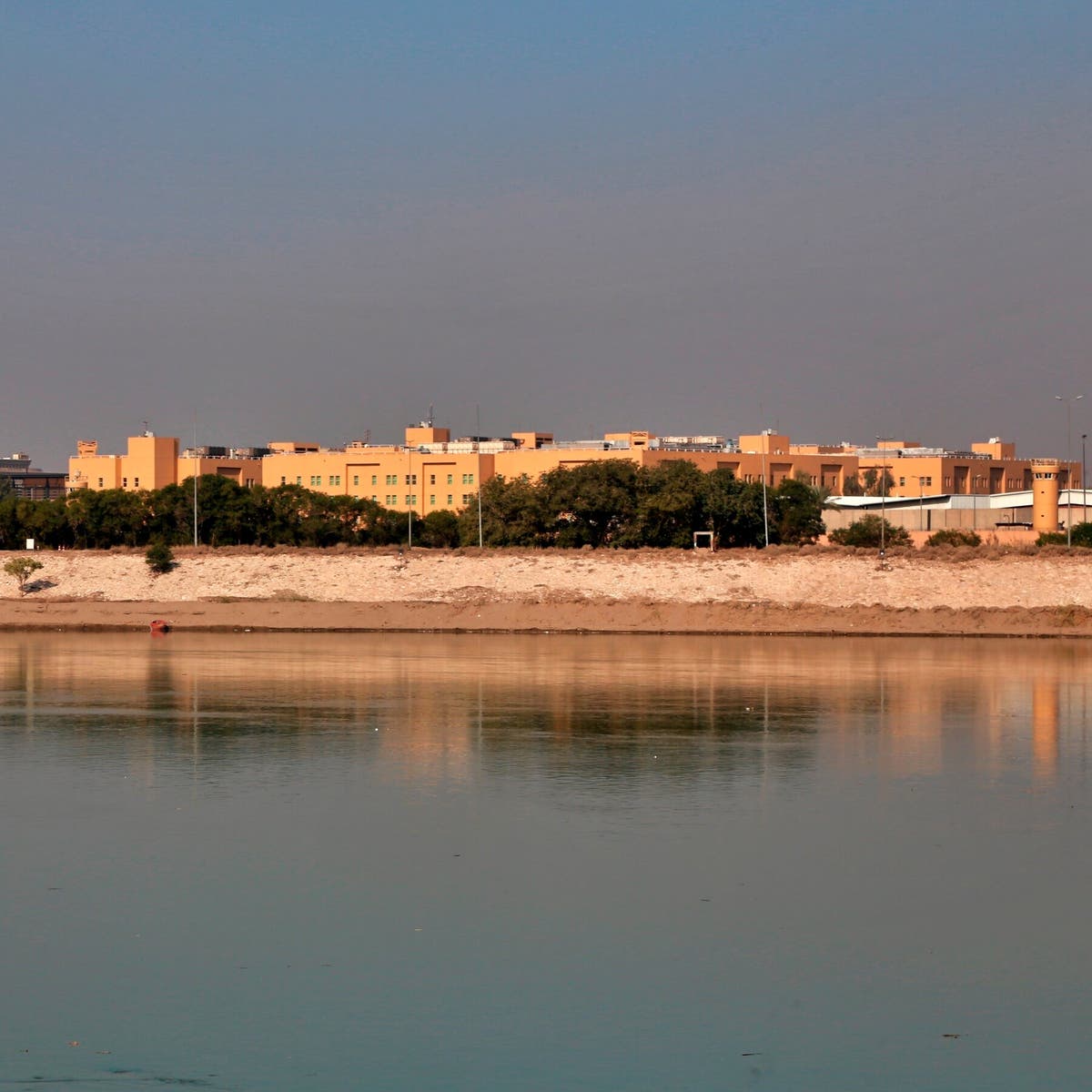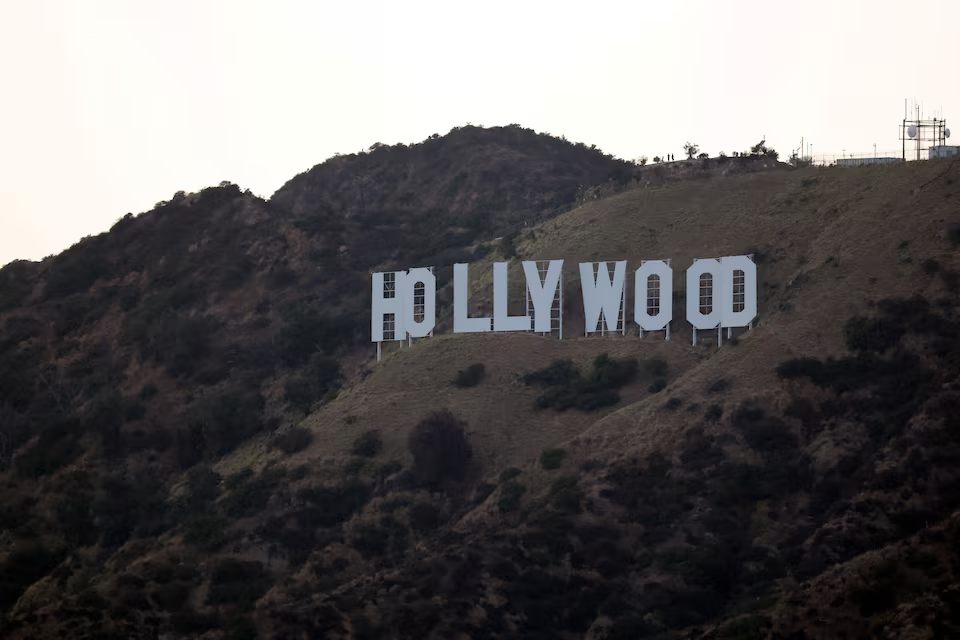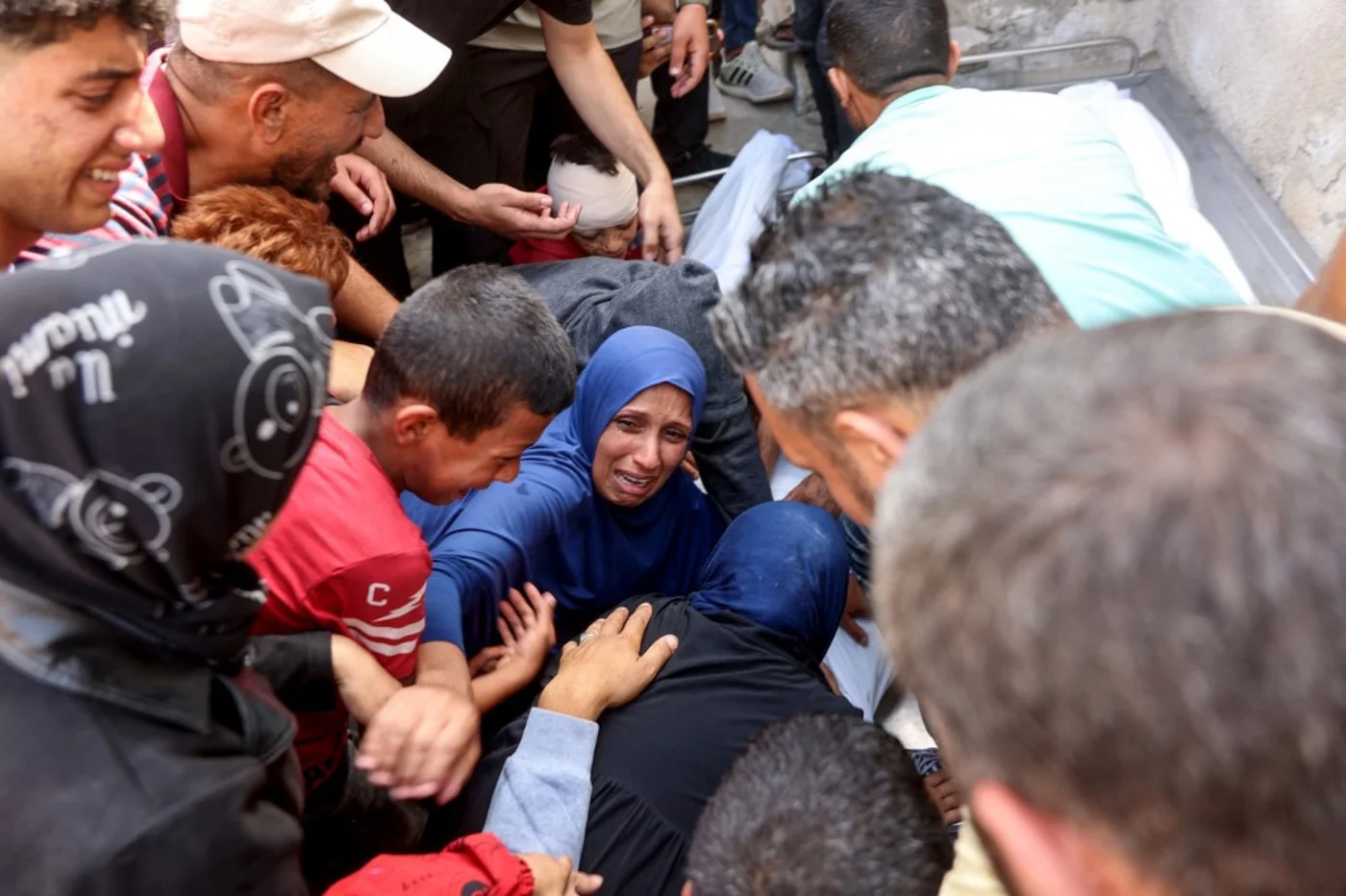Iran has recently conveyed a cautious willingness to resume diplomacy with the United States, suggesting that a new round of indirect negotiations may be possible amid escalating tensions in the Middle East. This overture comes as Iraqi and other regional officials attempt to mediate and de-escalate potential conflict involving Tehran, Washington, and their regional allies.
According to U.S. and European officials, as well as diplomats based in Iraq, Iranian leaders have passed messages through Iraqi intermediaries indicating their readiness to re-engage in dialogue with the Biden administration. The effort is reportedly aimed at preventing a full-scale regional war and rebuilding trust after a year of stalled diplomacy and rising hostilities.
These developments coincide with quiet diplomatic engagements taking place in Baghdad, Amman, and other capitals, where Arab and European leaders are working to reduce friction between the United States and Iran. Iraqi Prime Minister Mohammed Shia al-Sudani has emerged as a key figure in facilitating these exchanges. His government has encouraged both sides to approach the talks with restraint and mutual respect.
Senior U.S. officials have neither confirmed nor denied specific diplomatic contacts but acknowledged that Iraq continues to play a constructive role as a bridge between Washington and Tehran. “We welcome any opportunity to prevent escalation and build stability in the region,” one American diplomat said.
The renewed diplomatic signals from Iran are seen as a strategic pivot, particularly after months of military posturing and proxy skirmishes involving Iranian-backed militias across Iraq, Syria, and Lebanon. Iranian officials reportedly hope that Washington will reciprocate by easing sanctions and reviving commitments made under the 2015 nuclear deal, which was abandoned by former President Donald Trump in 2018.
Though the Biden administration has not made public moves to restart formal talks, officials are reportedly open to exploring confidence-building steps if Iran demonstrates sincerity. This may include humanitarian exchanges, de-escalation in maritime confrontations, or quiet agreements on limiting the activities of regional militias.
However, both sides remain deeply skeptical. Iranian hardliners have expressed opposition to any talks with the U.S. unless Washington lifts sanctions and offers guarantees of non-interference. Meanwhile, some U.S. lawmakers and Israeli officials have warned against trusting Iran’s motives, citing recent advances in its uranium enrichment program and continued support for regional armed groups.
The backdrop of this tentative diplomatic thaw includes continued tensions in Gaza, Lebanon, and the Red Sea. Just weeks ago, Iranian-backed Houthis struck a commercial vessel near the Bab al-Mandeb Strait, while Israel conducted strikes in Syria against Iranian-linked targets. Both Tehran and Washington appear keen to prevent a broader conflict but face strong domestic and regional pressures.
One Western diplomat described the current moment as “fragile but significant,” adding that even limited engagement could open a path toward longer-term regional stability. “It’s a matter of building momentum step by step,” they said.
The Biden administration is reportedly consulting closely with European allies and Arab partners before taking any major steps. French and German diplomats have urged both Washington and Tehran to pursue backchannel diplomacy to avoid repeating the breakdowns of past negotiations.
Iraq’s role has been particularly notable, with Baghdad offering a neutral venue and acting as a messaging conduit. Iraqi officials are said to be coordinating with Jordan and Oman to build a broader diplomatic architecture that could eventually lead to formal multilateral talks.
For now, both Iran and the U.S. appear to be testing each other’s willingness to return to the table without losing face. While a breakthrough remains uncertain, the quiet maneuvering marks a shift from the brinkmanship that dominated much of the past year.
Diplomats across the region are watching closely, as any signs of progress could affect broader issues, including oil stability, arms proliferation, and the fragile ceasefires in multiple conflict zones. The coming weeks will likely determine whether the current signals evolve into substantive diplomacy or fade amid mutual suspicion and geopolitical inertia.
Source: The New York Times



